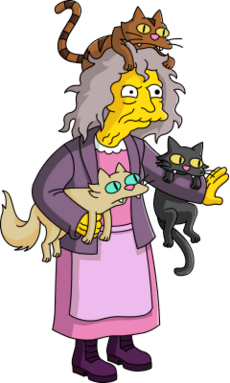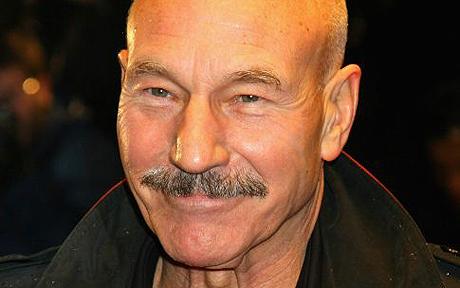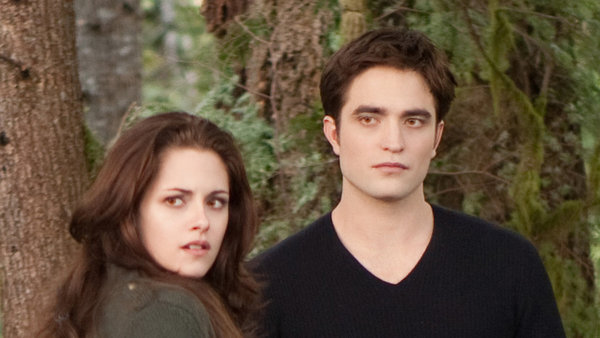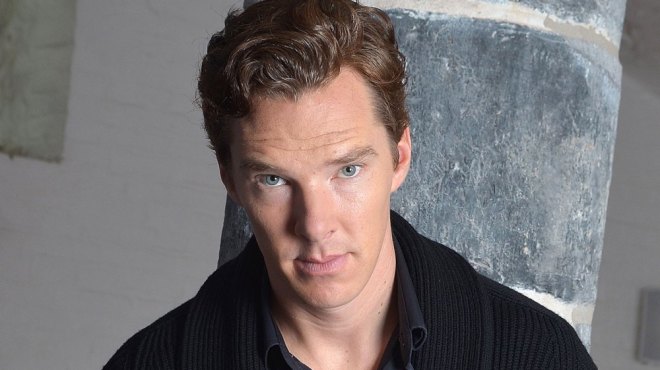
Picturing a fantasy setting might give a person of supposedly sound mind an image which revolves around something that came from the mind, pen, or fever dream of J.R.R. Tolkien, even if the person in question thinks that name belongs to a particularly odd Muppet. Or perhaps the idea is more of some sort of Game involving Thrones. Maybe King Arthur came off his flour bag to do his thing with Merlin or Galahad or people with names way cooler than anyone else you may know, provided you don’t know any chimps of the Link family (though, to be fair, he is a rather secretive chimp).
But fantasy usually just boils down to magic and the supernatural, and if The Ring taught us anything, and it didn’t, it is that magic and the supernatural can exist anywhere, which is where the Urban Fantasy subgenre comes in.
Urban fantasy is more or less what it sounds like: a fantasy of some sort set in an urban setting. When such stories hit the big or small screen, the idea usually goes the route of outright horror, or something more family friendly. Harry Potter could be urban fantasy when he’s not stuck at school, learning nothing that seems particularly useful towards getting a job outside of professional wizard.
Harry wouldn’t do well on the SATs is what I am saying.
On the other end of the spectrum, there’s the worlds of the TV series True Blood or Sleepy Hollow. Both run more towards the scary side, with a high dose of camp. This is the show that showed me how a tall, lanky, blonde guy could also be a sex symbol, so I have Alexander Scarsgaard to thank for that much. Actually, True Blood may have been the best way HBO could think of to deliver thrills of a more adult nature without airing things at 3:00 AM, while also allowing Anna Paquin a chance to keep using her “Southern” accent.
My wife was a little upset to find out HBO’s Cathouse documentary show was not about a house full of cats.

Sleepy Hollow on its own somehow managed to combine the American Revolution, the Book of Revelations, the writings of Washington Irving, and British accents into something that was fast-paced and fun, at least in the first season. It sorta had to be. If the pacing was any slower, the audience might have stopped to think about things a little more deeply. Of course, it was far from the least real show the Fox network has ever aired. Look how many presidents 24 went through,
Look, Sleepy Hollow is fun, but Tom Mison gets asked to say ridiculous sounding things on a regular basis there, so expect a future column to deal with how British accents make ridiculous-sounding things sound plausible to American audiences. Patrick Stewart has done quite well for himself that way.

But the real way to see Urban Fantasy may be through books. Book series can get away with a lot that a special effects budget doesn’t have to limit, provided the author can describe things well enough for the average reader. While Harry Dresden may be the best know guy to slip into the wardrobe of John Constantine crossed with The Matrix. Face it, if you ran into a guy who dressed like an urban wizard in real life, you’d probably want to punch him out.
I got to thinking about this while reading the first in a new series, Stephen Blackmoore’s Dead Things, introducing necromancer hero Eric Carter. I probably would have finished it by now if my Kindle didn’t need charging.
So, with that in mind, let’s just get some rules down for the next enterprising author looking to add to this extremely fun (when done right) genre.
- Pick your setting. Making it a real world city you, the author, know well, probably helps.
- How much magic is public knowledge? Some magic users work in secret. Some are public. Why? Is it because of external factors, like the Southern Vampires Sookie Stackhouse knows, or the residents of The Hollows know as backstory? Is it because telling people just causes more problems than solutions, like it is for Daniel Faust? Or is it just people don’t really believe anything that’s said, even when Harry Dresden tries to tell people he really is a wizard.
- What supernaturals are around? Sorcerers? Vampires? Werechickens? Miniature Balrogs?
- What are the rules? All settings have rules, even ones based on reality. Establish your rules and don’t break ’em. If no one can lift Thor’s hammer without being worthy, then no one can lift Thor’s hammer without being worthy, Red Hulk!
- Make the characters sweat. Magic is no excuse for making things easy. One book series I work through on occasion is the Iron Druid series, and that guy never seems to be in any real danger, no matter how much he says he is.
So, some fun series I would give a thumb’s up to? The Dresden Files by Jim Butcher. The aforementioned Eric Carter books if the sequels hold up as well as the first one. Mike Carey’s Felix Castor novels make great use of London, and has one of the creepiest werecreatures ever. Craig Schaefer’s Daniel Faust books make a lot of use out of a bureaucratic hell, and the adventures tend to fly by on pure adrenaline. Benedict Jacka’s Alex Verus has one magical ability, to see the future, and he makes awesome use out of it. Kim Harrison’s Rachel Morgan may be one of the few women who have a lead role and don’t seem to spend a lot of time worrying over a love interest. And the Twilight books are awful and should not be read by anybody.

Geek entertainment has come a long way. It’s probably only a matter of time before more of this starts to filter off the page and onto the screen. If so, just cast Benedict Cumberbatch in some way, because mentioning him in no way will increase my page views here.

Benedict certainly caught my attention, bravo! But seriously, good post man!
LikeLike
Watson helped with the picture.
LikeLiked by 1 person